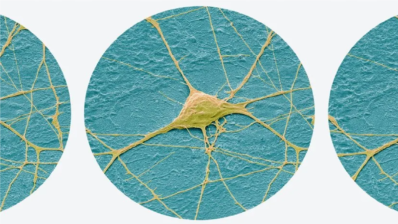Like almost everything in life, cannabis has two sides; it is an addictive drug, but under certain conditions it can have a medicinal use, for example, in patients with chronic pain. But the problem with this positive use is the side effects on the brain, at the cognitive and memory level, caused by its main psychoactive component, delta-9-tetrahydrocannabinol (THC).
The UPF has just signed an agreement for the creation of a new spin-off, Disrupt Therapeutics (DisrupTx), which aims precisely to offer a solution to the pharmaceutical market in order to develop drugs that mitigate these secondary effects of medical cannabis – and that could also be useful to combat addiction.
The spin-off arises from the work of two MELIS-UPF laboratories, the Neuropharmacology-Neurophar Laboratory led by Rafael Maldonado, and the Proteomics and Protein Chemistry Research Group led by David Andreu. Both groups have been working for the last few years, together with researchers from other universities, to develop a technology that makes it possible to dissociate cannabis-based therapies from their unwanted side effects.
How does it work?
THC produces analgesia by binding to type 1 cannabinoid receptors (CB1). However, this binding also causes CB1 receptors to bind to the serotonin 5HT2A receptor, and this causes cognitive and memory problems.
Research teams have designed, synthesized and patented peptides capable of disrupting the binding between the two receptors, CB1 and 5HT2A. In this way, THC can activate CB1 and reduce pain, without affecting the serotonin receptor and altering memory.
This technology presented by DisrupTx – which has received several innovation grants, both from the UPF itself and from laCaixa and the Ministry of Science and Innovation (MICINN) – opens a new window for the treatment of pain, especially moderately severe chronic pain, and in particular neuropathic pain, for which there are currently no effective drugs.
You can read more about the creation of these peptides in this interview with David Andreu.







